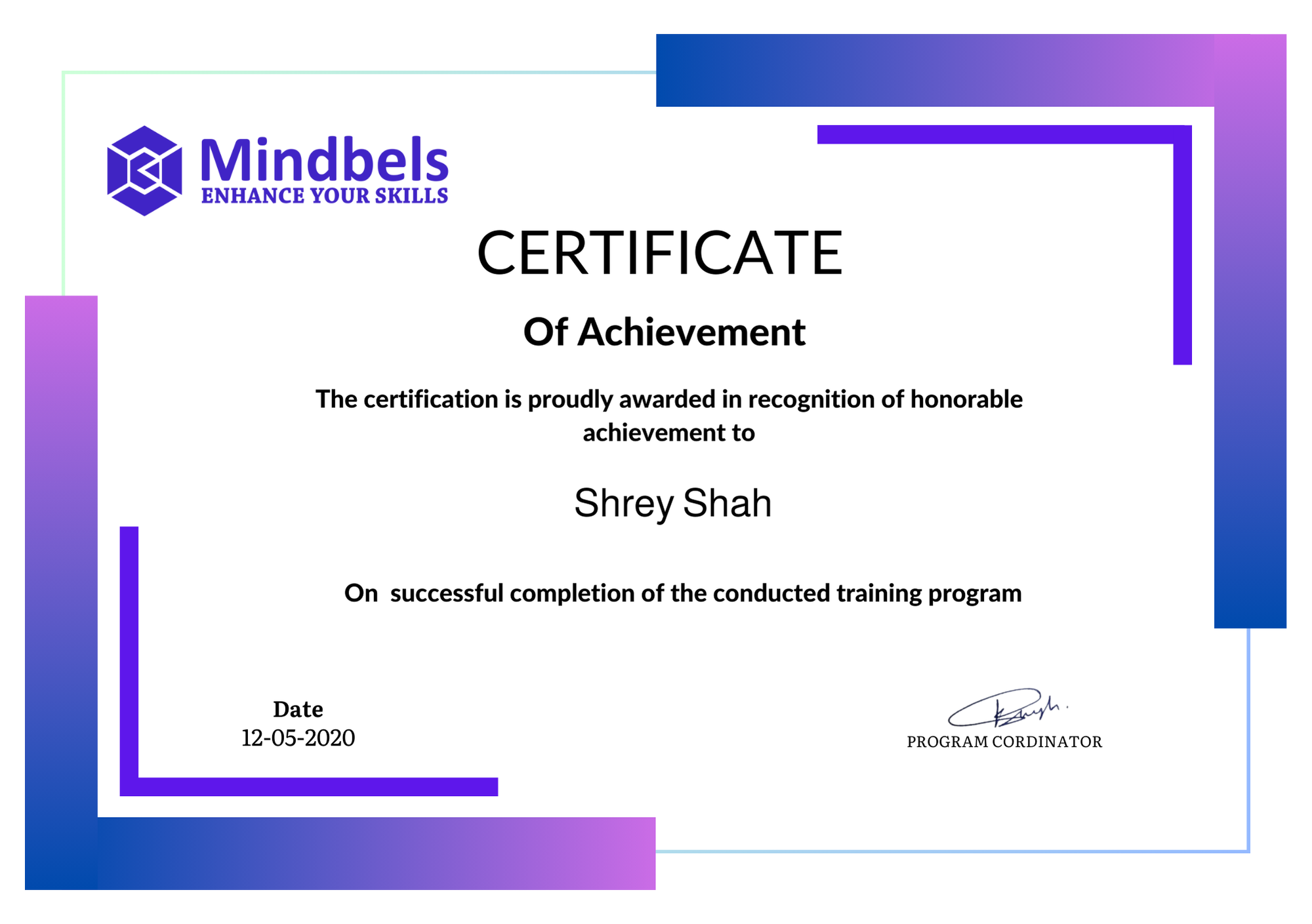Overview
The Certified Information Systems Auditor (CISA) course is a globally recognized certification for IS audit control, assurance, and security professionals. It teaches learners how to assess an organization's information systems and technology and provides the necessary skills to manage and protect information assets effectively.
What You'll Learn in This Course
- Develop and manage an information security governance framework aligned with business goals.
- Understand and influence organizational culture to support information security.
- Identify, assess, and manage information security risks to achieve business objectives.
- Design, implement, and monitor information security programs that protect the organization's assets.
- Ensure that information security is integrated into the organization’s processes and practices.
- Plan and manage incident response and business continuity to minimize impact from security breaches.
- Communicate effectively with stakeholders to gain support and effectively report on security status.
- Comprehend legal, regulatory, and contractual requirements affecting the organization's information security program.
- Select and implement appropriate information security controls and measure their effectiveness.
Prerequisites
- Basic Understanding of Information Security Concepts
- Foundational IT Knowledge
- Experience in Information Security or Related Field
- Understanding of Governance and Risk Management
- Professional Experience
Course Curriculum
Planning
IS Audit Standards, Guidelines, and Codes of Ethics
Business Processes
Types of Controls
Risk-Based Audit Planning
Types of Audits and Assessments
Execution
Audit Project Management
Sampling Methodology
Audit Evidence Collection Techniques
Data Analytics
Reporting and Communication Techniques
IT Governance
IT Governance and IT Strategy
IT-Related Frameworks
IT Standards, Policies, and Procedures
Organizational Structure
Enterprise Architecture
Enterprise Risk Management
Maturity Models
Laws, Regulations, and Industry Standards affecting the Organization
IT Resource Management
IT Service Provider Acquisition and Management
IT Performance Monitoring and Reporting
Quality Assurance and Quality Management of IT
Information Systems Acquisition and Development
Project Governance and Management
Business Case and Feasibility Analysis
System Development Methodologies
Control Identification and Design
Information Systems Implementation
Testing Methodologies
Configuration and Release Management
System Migration, Infrastructure Deployment, and Data Conversion
Post-implementation Review
Information Systems Operations
Common Technology Components
IT Asset Management
Job Scheduling and Production Process Automation
System Interfaces
End-User Computing
Data Governance
Systems Performance Management
Problem and Incident Management
Change, Configuration, Release, and Patch Management
IT Service Level Management
Database Management
Business Resilience
Business Impact Analysis (BIA)
System Resiliency
Data Backup, Storage, and Restoration
Business Continuity Plan (BCP)
Disaster Recovery Plans (DRP)
Information Asset Security and Control
Information Asset Security Frameworks, Standards, and Guidelines
Privacy Principles
Physical Access and Environmental Controls
Identity and Access Management
Network and End-Point Security
Data Classification
Data Encryption and Encryption-Related Techniques
Public Key Infrastructure (PKI)
Web-Based Communication Techniques
Virtualized Environments
Mobile, Wireless, and Internet-of-Things (IoT) Devices
Security Event Management
Security Awareness Training and Programs
Information System Attack Methods and Techniques
Security Testing Tools and Techniques
Security Monitoring Tools and Techniques
Incident Response Management
Evidence Collection and Forensics
LEARN AT YOUR OWN PACE
Training Options
Discover our range of training programs and choose the ones that suit you best. Enroll today and begin your learning journey with us!



